Marching Forward in 2021
Everyone in the industry knows how tough 2020 was regarding work, planning, staffing, and getting by. While many in the industry look to digital and video health programs, the integrity and growth of the fitness industry by no means will mean that health clubs will be a thing of the past (Segran – 2021). On the contrary – clubs will play a critical role in changing the face of healthcare in the United States – which is also on life support. The recent article by Elizabeth Segran in Fast Company states that many Americans will forego health clubs in favor of other types of exercise. She states that 59% of Americans won’t return to health clubs. This may be 59% of current health club members, and not the 65% of Americans who don’t belong to health clubs.

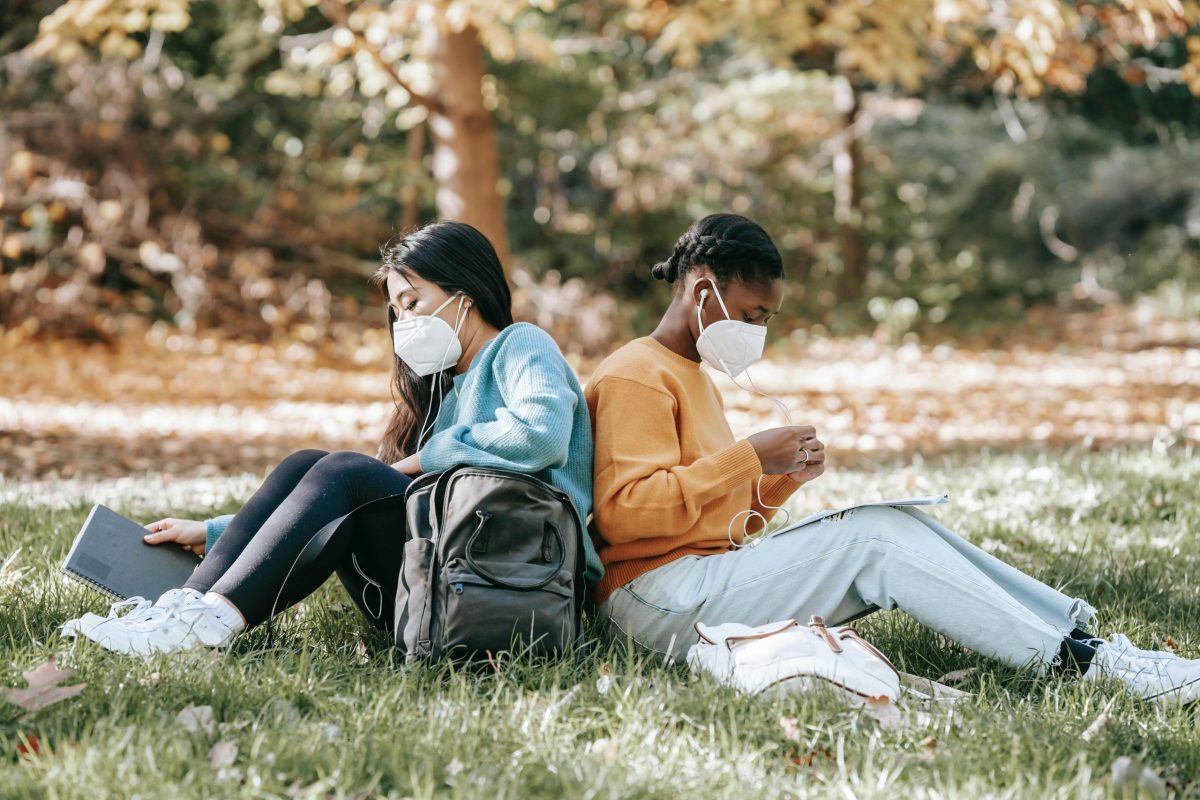
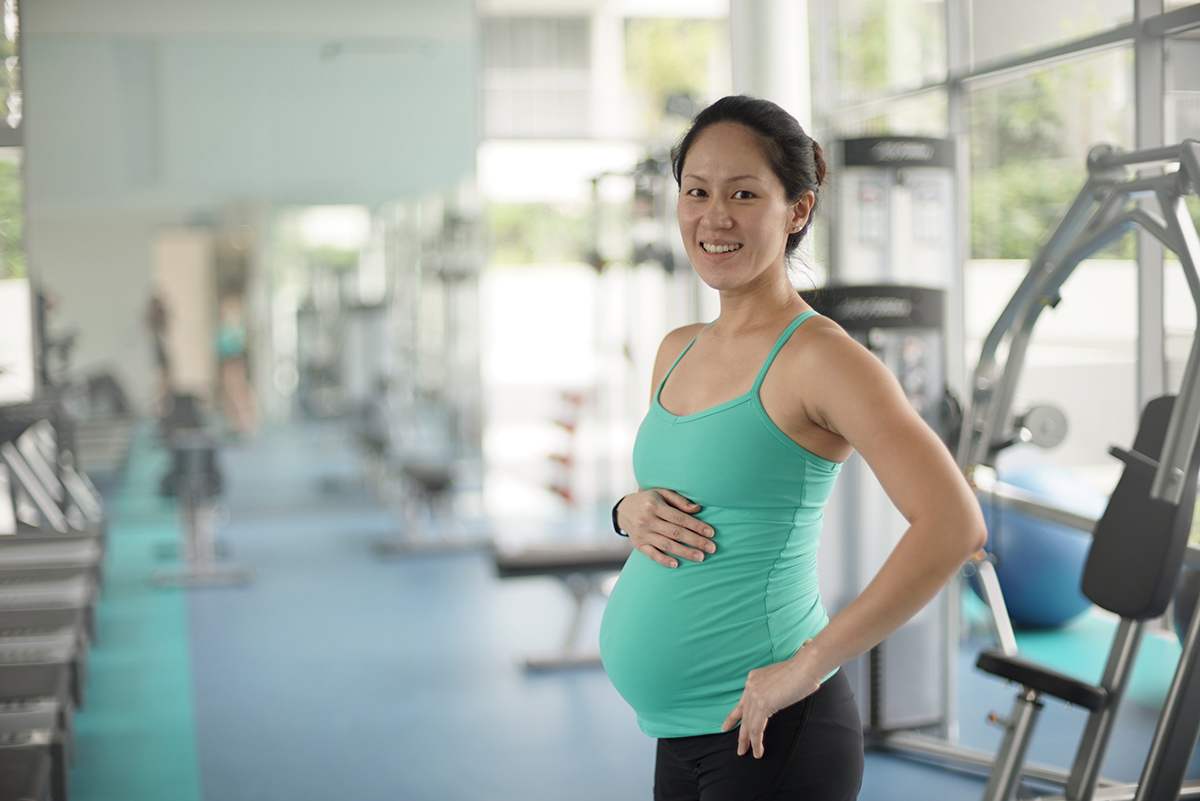
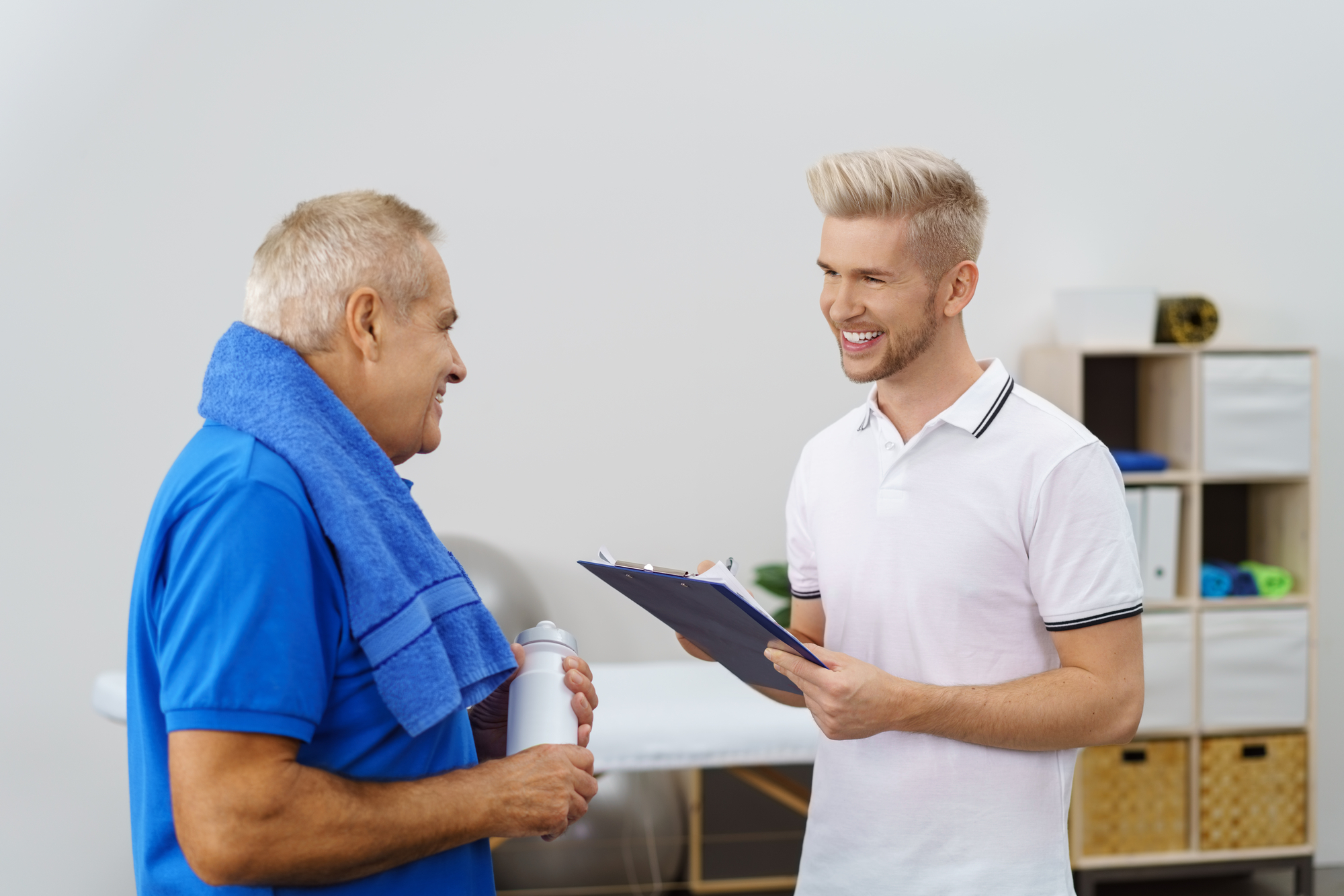

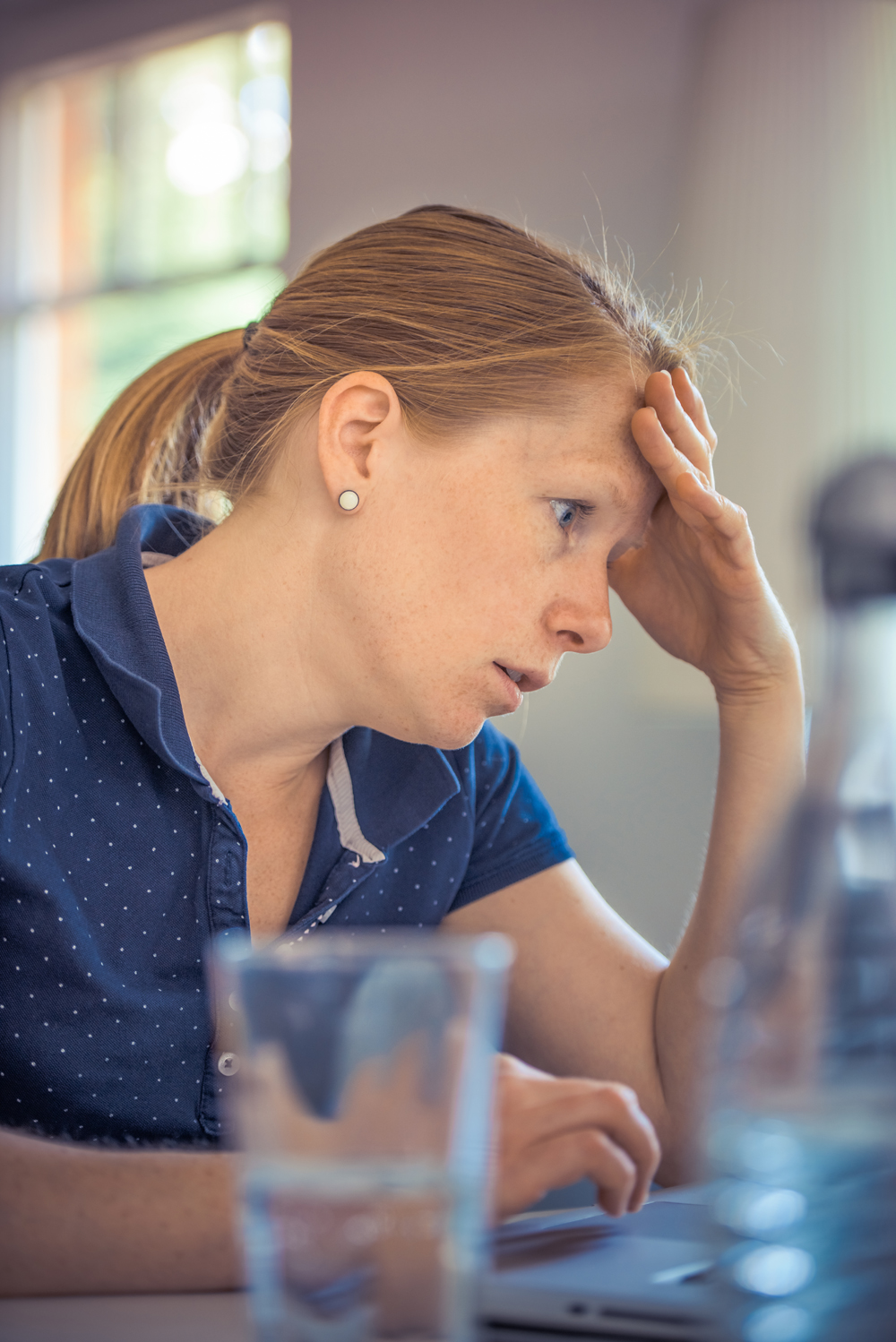
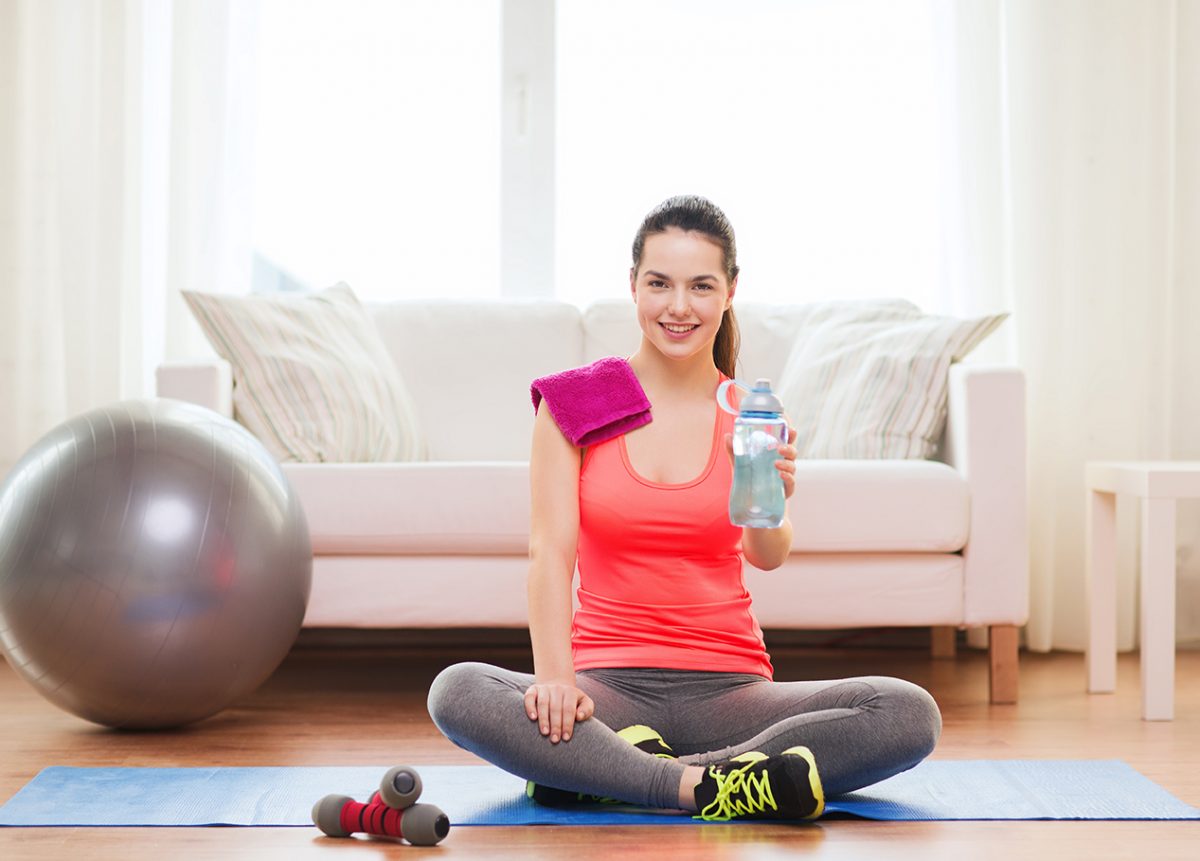
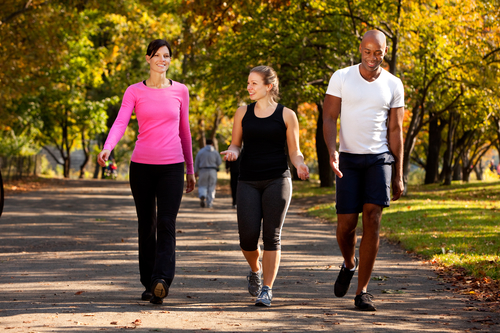 A large study showed that mild to moderate exercise, performed about three times a week, reduced the risk of dying during the Hong Kong flu outbreak in 1998. The Hong Kong study was performed on 24,656 Chinese adults who died during this outbreak. This study showed that people who did no exercise at all,
A large study showed that mild to moderate exercise, performed about three times a week, reduced the risk of dying during the Hong Kong flu outbreak in 1998. The Hong Kong study was performed on 24,656 Chinese adults who died during this outbreak. This study showed that people who did no exercise at all,